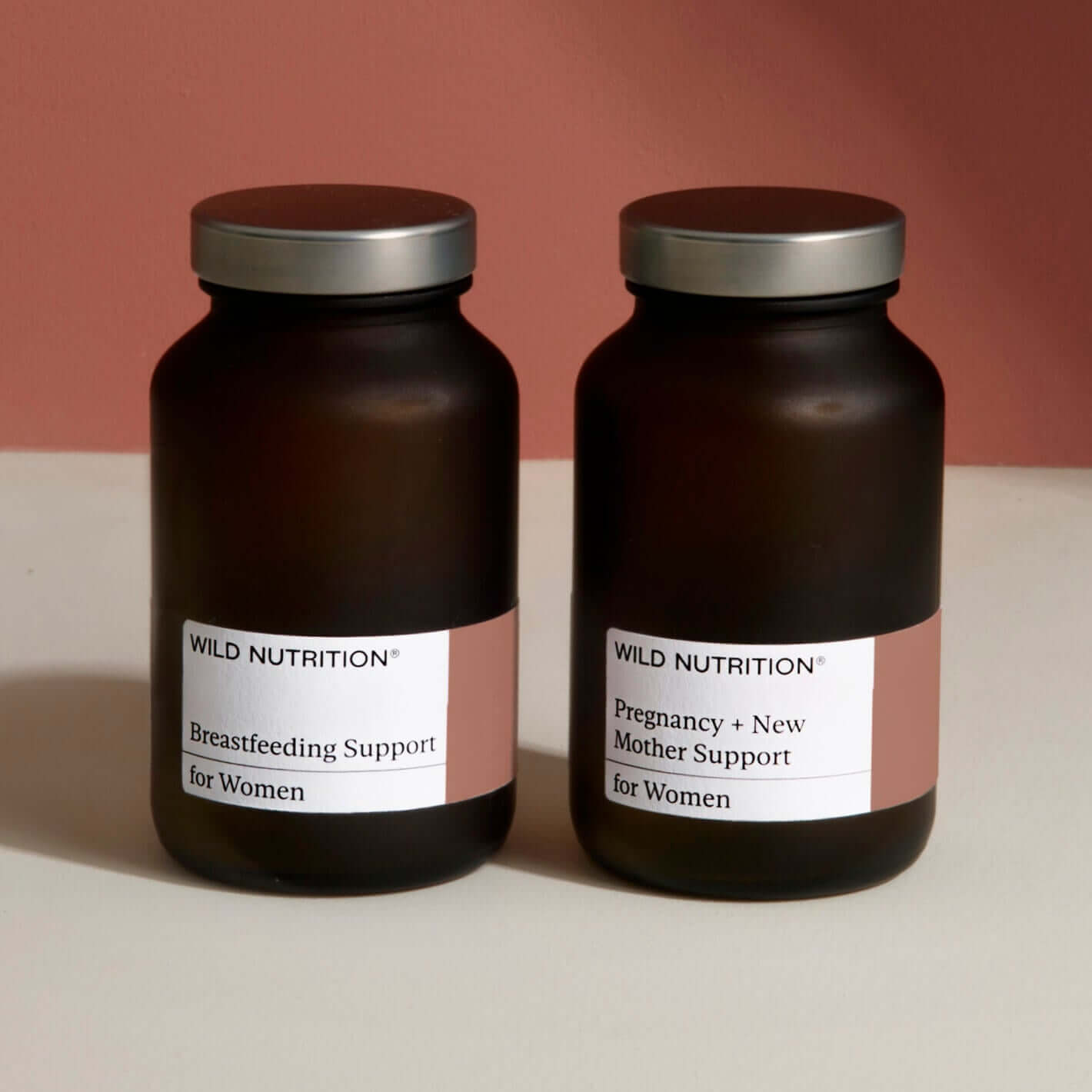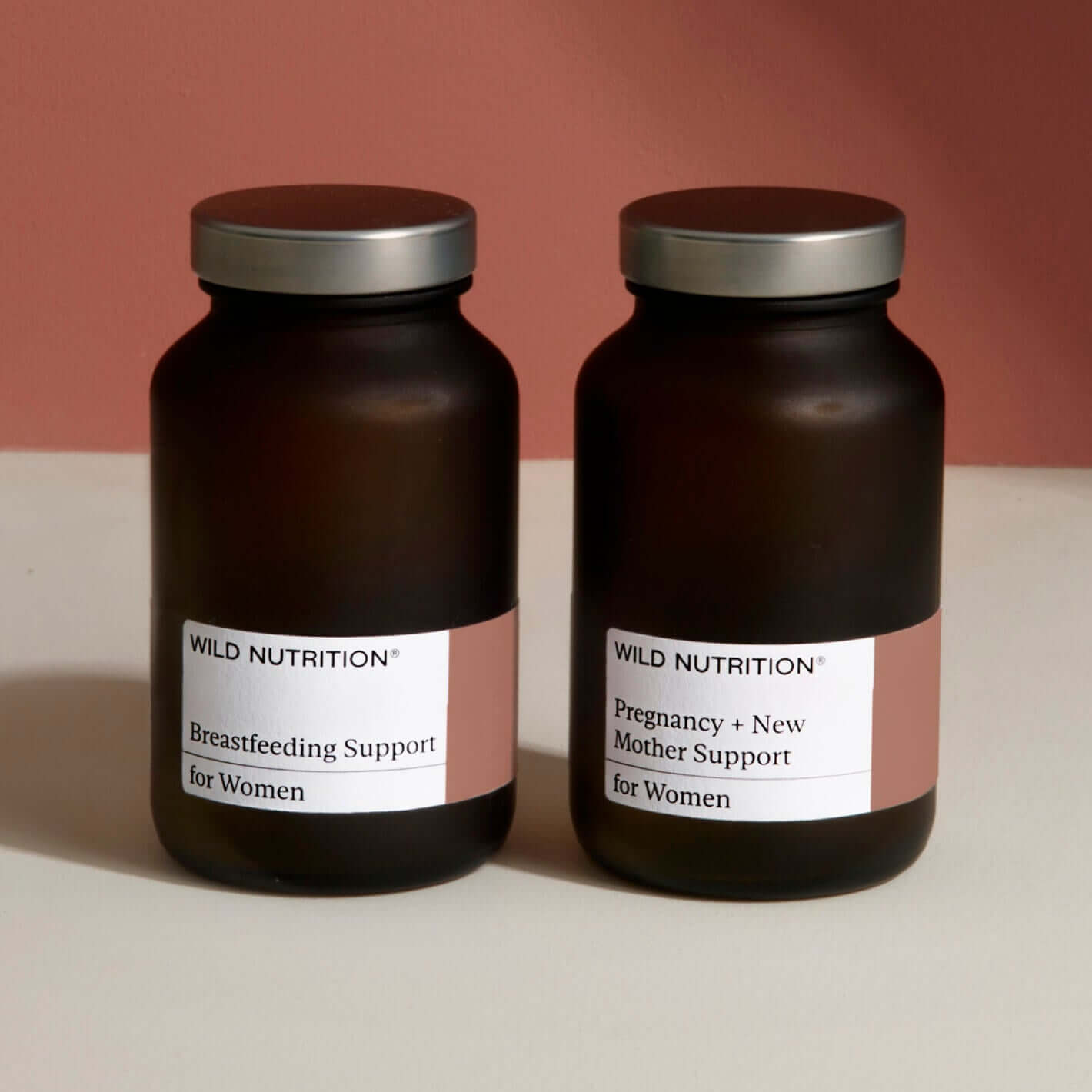
What is Adrenal Exhaustion?
Adrenal health is a complex subject and is increasingly becoming an area of research in its own right. In this first article, I'm going to explore the function of the adrenal glands and what can happen when we neglect their importance.
Your adrenal glands sit on top of the kidneys and secrete important hormones: cortisol, adrenaline, and dehydroepiandrosterone (DHEA). These hormones help you to buffer stress and adapt to everyday life demands by determining the stress response.
Under stress, healthy adrenals increase their output of the steroid hormones cortisol and DHEA, to enable you to preserve health. They also secrete adrenaline, giving you a boost of energy when needed. This stress can be anything from a diet high in stimulants, exposure to environmental noise and pollutants, a demanding job or daily life, to a lack of sleep, excessive worrying or feeling powerless and trapped in a situation.
If the exposure to stress becomes chronic, the adrenals can no longer keep up with the demand, and DHEA levels begin to fall, signifying adrenal exhaustion. In addition, the over-secretion of adrenaline can cause you to feel anxious and nervous. Complaints of insomnia, fatigue, depression, irritability, and digestive difficulties are also common. As adrenaline surges during stress, digestive enzymes are simultaneously lowered, and blood sugar levels initially rise. As this becomes a more chronic occurrence, the results of high cortisol and adrenaline levels from prolonged stress include:
You can test your adrenal status very effectively through either saliva or urine with a qualified Nutritional Therapist or Naturopath. Urine tests (such as the Dutch Test) are extremely comprehensive and can be an excellent determination of which hormones are affected by your adrenal health and the impact this may be having on other areas of your health (such as the production of the feel good hormone serotonin or dopamine). I use this test with patients who may be experiencing ‘burn out’ and symptoms of depression, sub-fertility or changes in their menstrual cycle.
For more on the importance of the correct nutrition for maintaining adrenal health, look out for my next article '9 Natural Ways of optimising your energy
So firstly, what are our adrenal glands?
Your adrenal glands sit on top of the kidneys and secrete important hormones: cortisol, adrenaline, and dehydroepiandrosterone (DHEA). These hormones help you to buffer stress and adapt to everyday life demands by determining the stress response.
What do our Adrenal glands do?
Under stress, healthy adrenals increase their output of the steroid hormones cortisol and DHEA, to enable you to preserve health. They also secrete adrenaline, giving you a boost of energy when needed. This stress can be anything from a diet high in stimulants, exposure to environmental noise and pollutants, a demanding job or daily life, to a lack of sleep, excessive worrying or feeling powerless and trapped in a situation.
What happens when our adrenals are under ‘chronic stress’?
If the exposure to stress becomes chronic, the adrenals can no longer keep up with the demand, and DHEA levels begin to fall, signifying adrenal exhaustion. In addition, the over-secretion of adrenaline can cause you to feel anxious and nervous. Complaints of insomnia, fatigue, depression, irritability, and digestive difficulties are also common. As adrenaline surges during stress, digestive enzymes are simultaneously lowered, and blood sugar levels initially rise. As this becomes a more chronic occurrence, the results of high cortisol and adrenaline levels from prolonged stress include:
- Diminished immune function that can lead to excessive inflammation and lower resilience to colds and viruses
- Blood sugar imbalances that can lead to change in appetite, energy and mental strength
- Disrupted restorative sleep
- Increased lipid levels of blood fats
- Water retention
- Loss of cellular potassium and therefore blood pressure imbalances
- Lowered insulin sensitivity, with a higher susceptibility to diabetes
- Loss of the capacity to produce sufficient DHEA that can then lead to changes to the menstrual cycle, sex drive and fertility
Can you test for Adrenal stress?
You can test your adrenal status very effectively through either saliva or urine with a qualified Nutritional Therapist or Naturopath. Urine tests (such as the Dutch Test) are extremely comprehensive and can be an excellent determination of which hormones are affected by your adrenal health and the impact this may be having on other areas of your health (such as the production of the feel good hormone serotonin or dopamine). I use this test with patients who may be experiencing ‘burn out’ and symptoms of depression, sub-fertility or changes in their menstrual cycle.
For more on the importance of the correct nutrition for maintaining adrenal health, look out for my next article '9 Natural Ways of optimising your energy







